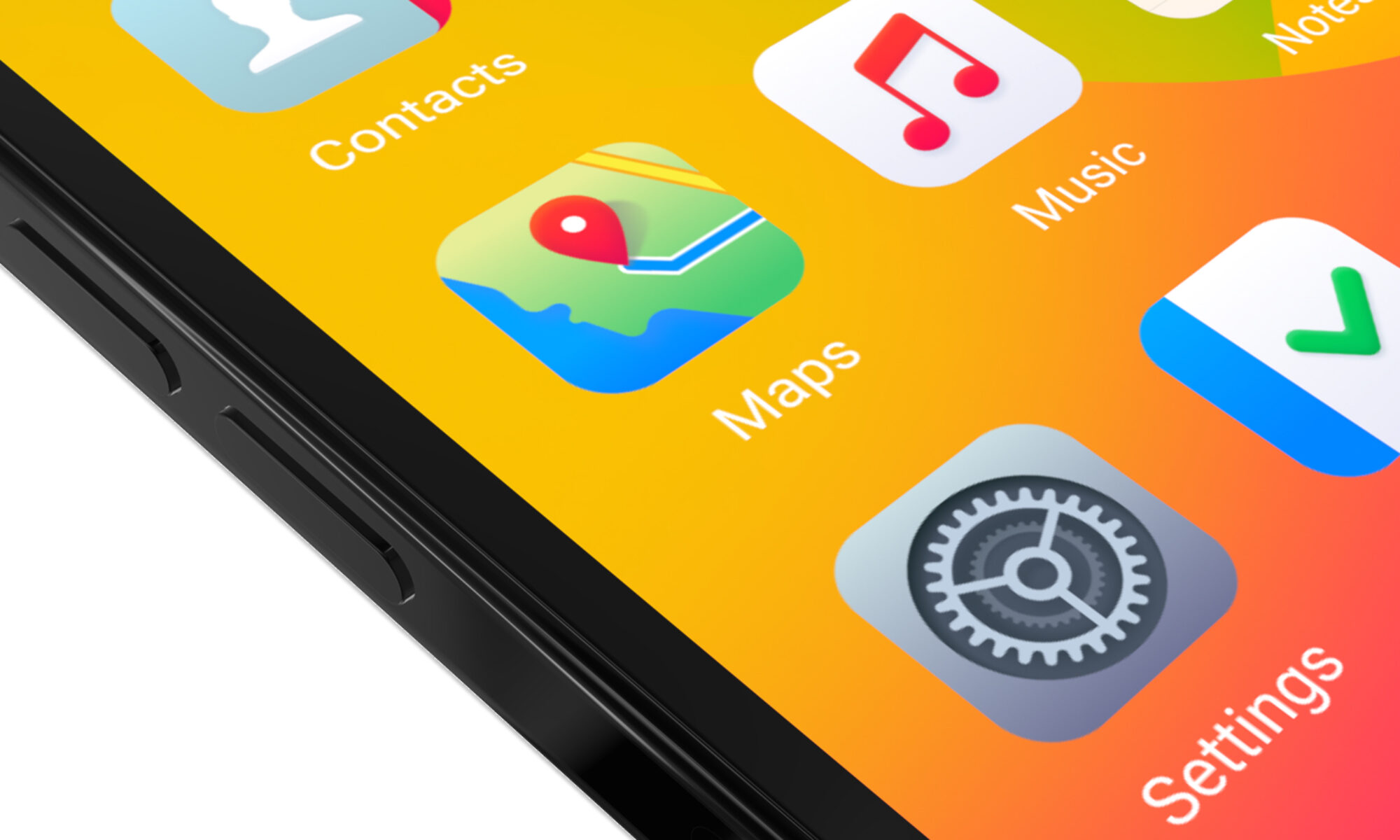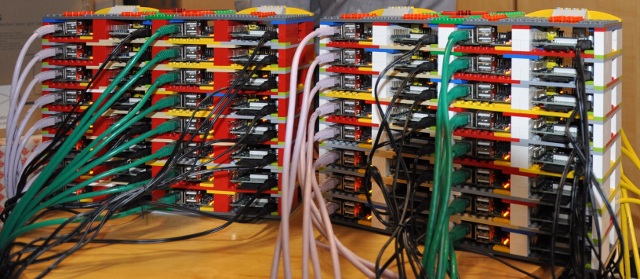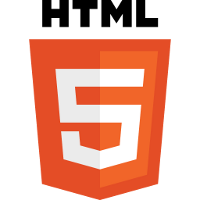When Apple is following the hype… A pictures is 1000 words, so here it is.


Gaël Duval (blog, Murena, /e/OS my data is my data, Mandrake Linux…)
Gaël Duval – /e/OS my data is my data. Choose Freedom! Mandrake Linux, Mandriva, Ulteo, Murena, Linux, Open source, Free software
It’s been created as a non-profit organization (Association Loi de 1901). Read at h-online.
There is now a name for the Mandriva Linux Foundation, it’s OpenMandriva
Etude toute fraîche d’une équipe de recherche de l’Université de Caen : Un maïs OGM de Monsanto soupçonné de toxicité.
What else to say? All details on this page! 
Even as a Linux enthusiast and big Linux promoter for decades, it’s not a mystery that I’ve never been an Android fan. In particular, all the user experience in Android is all but what mom and dad need (they need the iOS UI).
 Nevertheless, in the past few months there have been many, many signs that Android/Linux is going to win massively on personal computing devices, and that it means the end of the PC era.
Nevertheless, in the past few months there have been many, many signs that Android/Linux is going to win massively on personal computing devices, and that it means the end of the PC era.
The last two examples are:
– this mini PC running Android 4.0, that contains just what everyone needs at home as a basic PC. And it costs… $68.20!
– the Nikon Coolpix S800c which is loaded with Android so it can make itself all the job to publish and share pictures on the net, for example.
This is the very end of the traditional PC as we have seen it for years! Android/Linux, which is gaining a better user interface over the time, is going to be everywhere, on every device. And the main user PC will now concentrate on the smartphones and tablets that can possibly plug to more confortable terminals (better keyboard, TV or dedicated screen…).
The reason of the Android success? It’s open and free. On the opposite side, Apple’s iOS is *VERY* closed and expensive.
Apple has been making the money because they have revolutionized the smartphone market since 2007 and has kept for a while an advantage of the innovation side. But they are still doing money because of the cinetic energy of the iPhone and iPad on the market. And they are very unlikely to stay as one of the biggest market cap on the planet, because Android is moving fast and incredibly big.
Linus, you can be proud of this accomplishment!
Here is an interesting review of Ulteo Open Virtual Desktop v3 on a specialized website: Ulteo OVD 3 – Open Source Remote Desktop
 During the past week, I’ve read a number of small news related to HTML5/JS developments such as the “world’s first HTML5 SIP client“. I’ve also played with a few online HTML5/JS applications that I’ve found rather impressive. And I’ve learned that several software vendors, such as Adobe and Google, were abandonning Linux support for several desktop applications. Earlier, there’s been Google Chrome OS, and more recently a new project announcement: Boot to Gecko (in short: Linux kernel+a web browser as a desktop) has been started by the Mozilla Foundation. All these news may not sound very impressive if you consider them separately, but if you put them together, then you should see something like a big light bubble switching on to say “something is happening”.
During the past week, I’ve read a number of small news related to HTML5/JS developments such as the “world’s first HTML5 SIP client“. I’ve also played with a few online HTML5/JS applications that I’ve found rather impressive. And I’ve learned that several software vendors, such as Adobe and Google, were abandonning Linux support for several desktop applications. Earlier, there’s been Google Chrome OS, and more recently a new project announcement: Boot to Gecko (in short: Linux kernel+a web browser as a desktop) has been started by the Mozilla Foundation. All these news may not sound very impressive if you consider them separately, but if you put them together, then you should see something like a big light bubble switching on to say “something is happening”.
And yes something is happening: HTML5/JS is becoming a real alternative to traditional desktop applications programming. Thanks to the recent and major improvements in the speed of JavaScript engines in web browsers (especially Chromium & Firefox), it’s opening the door to a new wave of applications that can, in my opinion, replace most existing legacy desktop applications, moving them to the web, adding the benefit of efficient online services, while offering the capability to be usable offline since most of the code will run client side. To top it all, HTML5/JS applications will naturally be cross-plateform so you get rid off the nightmare of MacOS/Linux/Windows/iOS/Android etc. development & maintenance.
Now, of course, my bet is that some desktop software developers will say that JavaScript is just crap, and that they’ll stick with the languages they have learned and learned to love all those years.
But, you’ll have a part of those developers who get the story and massively jump on the HTML5/JS bandwagon, moving the software world to tomorrow, and creating new software stars. Over the years, the small part will grow quickly, because the world is open, because access to IT resources is cheaper and cheaper, because there are 6 billions brains on this planet, and because the number of young people in the world has never been higher.
This is good news in my opinion for at least for two reasons:
Finally, all the desktop part of operating system is going to move to a web/HTML5/JS component that can display and run applications. This component can run on any OS (that is very likely to be Linux because who wants to pay to maintain that part anymore?). Then you get rid of the traditionnal desktop environment as we know it: no more Windows, MacOS or Linux desktops, but a web-oriented desktop that rely on open standards.
Will HTML5/JS help the future of software to be better than what it used to be? Will it be Open Source?
 Last week, I received, in CC:, an email from a Mandriva Linux developer. This email was entitled “A foundation for Mandriva Linux *NOW* or Mandriva Linux to *DIE*?”
Last week, I received, in CC:, an email from a Mandriva Linux developer. This email was entitled “A foundation for Mandriva Linux *NOW* or Mandriva Linux to *DIE*?”
That suggested to me that maybe Mandriva was not going very well. This, of course, hurted me. At the same time it leads to the interesting question of a Foundation for a project like Mandriva Linux.
This is interesting because I remember we first discussed the question of a Foundation for Mandrake Linux back in 2000 or 2001. And we decided that it was a good idea. But we were too busy to really take care of it at the time. And in 2012 there is still no such organisation.
Mandriva Linux, earlier Mandrake Linux, is an interesting case of a Linux distribution who had a HUGE success worlwide, as the first popular Desktop Linux distribution. Remember in the early 2000 days, you could find a Mandrake Linux package in every bookstore in the USA, and it was widely available in Europe too. Then, it became very popular in other countries, and I still have a collection of several Mandrake Linux localized for Japan, Russia and other countries.
It has been distributed in thousand magazines and is still… one of the most downloaded Linux distributions. Still many young people tell me they have started Linux with Mandrake Linux because it was easier to use. I hadn’t expected it’s been so huge actually.
At the same time, the business for MandrakeSoft/Mandriva has always been a headache. The reasons are multiple, one of them is certainly the lack of an adequate business model, and this could be discussed for hours.
As a result, I understand that the existence of Mandriva Linux is now subject to speculation; not because of the product or the project, but because every month developers have to be paid and if the business is not good enough, soon comes a day when there is no more money to pay developers.
But I know about natural selection, and the fact that Mandriva is still here means a lot. This project has deep and strong roots. It has an intrinsinc vital force that lead it to the age of 14 yo, despite all the financial issues.
So, more and more I think that Mandriva could be a good candidate for an “Operating System in the Public Interest”.
Why an OS in the Public Interest?
We see less and less freedom in Operating Systems. People are locked by proprietary OSes. They can’t do what they want, they have lost a lot of Freedom. Before there was Windows, that was seen as evil. New comers are still worse.
MacOS or iOS are terrible in that matter (which is hard for me as I love the technologies of iOS and most Apple products). When you are in the Apple world, you are absolutely locked in the Apple world. Even what is displayed on your iPhone or iPad, you can’t redirect legally elsewhere than to a Mac or to an Apple TV.
Now take Google: they really want to have you in their ecosystem, they do anything to lock you and look friendly with you. But Facebook, Twitter and Google know everything about you. They want to control everything. As a result your life is, want it or not, partly controlled by those private and for-profit companies.
And Google with Android, what are they doing? they are just transforming a kernel in the public interest into software for shareholders interest, and grow your jail-ecosystem.
Projects in the Public Interest?
There is Wikipedia which is an awesome success. There is OpenStreeMap. There are others project as well that are in the Public Interest, which means in the Human Interest, and not in the shareholders interest, and independent.
On the OS side, there is Debian already, and Debian is huge. But Debian is still for servers & geeks. Ubuntu? Good on the desktop, but is holded by Canonical. It’s not in the Public Interest.
There is the Linux Foundation too. It’s very nice and I’m happy that it exists, but it’s for low-level kernel development.
So, if I was 24 again… 🙂 I would try to build a Foundation that would focus on delivering great Operating Systems in the Public Interest, both for PCs and tablets and smartphones.
Such a Foundation would need great engineers and visionary people to release great and easy to use software products for people with all guarantees of independency, security and privacy for their users.
It would, of course, need some financial resources. But when you do a huge Foundation, you find the money. Many people are ready to donate when they know that they are contributing to something good. The public sector, governements can donate. And you can build an ecosystem where some private, commercial companies sell services around the product. So in the end they can support, even financially, the OS in the Public Interest.
Most big infrastructures (roads, electricity, telecommunications) have been started as public projects, for the people, because people need interoperability and freedom. I think Operating Systems are infrasture components too, so we need an OS in the Public Interest, at least as an alternative for people who want to be free.
Gaël Duval, Mandrake Linux Founder.
Interested in open source, mobile operating systems, data privacy? Follow me on Twitter
Diclaimer: I’ve not been involved in Mandriva since March 2006.